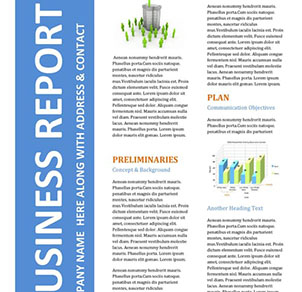Business Acquisition
Looking to expand your business? Acquiring another company can be a great way to increase your market presence, diversify your offerings, and gain additional expertise. Let’s explore the key considerations for a successful business acquisition.
Why Acquire a Business?
Increased Market Share
Diversification
Acquiring a business in a different sector can help you diversify your offerings and reduce your dependence on a single product or service.
Expertise and Skills
Cost Savings
Key Factors to Consider Before Acquiring a Business
Financials
What is the potential return on investment? How will the acquisition impact your financial statements?
Culture Fit
Legal and Regulatory Issues
Identifying Potential Acquisition Targets

Industry Events

Market Research

Networking
Structuring the Acquisition Deal
Asset Purchase
Stock Purchase
Merger
Due Diligence Process
Financial Due Diligence
Review the target company's financial statements, tax returns, and other financial records to evaluate its financial health and potential for growth.
Legal Due Diligence
Assess the target company's legal status, including any ongoing lawsuits or regulatory violations.
Operational Due Diligence
Evaluate the target company's operations, including its management, employees, and facilities.
Post-Acquisition Integration Plan
Communication
Integration
Retention
Success Factors and Potential Challenges

Success Factors

Potential Challenges

